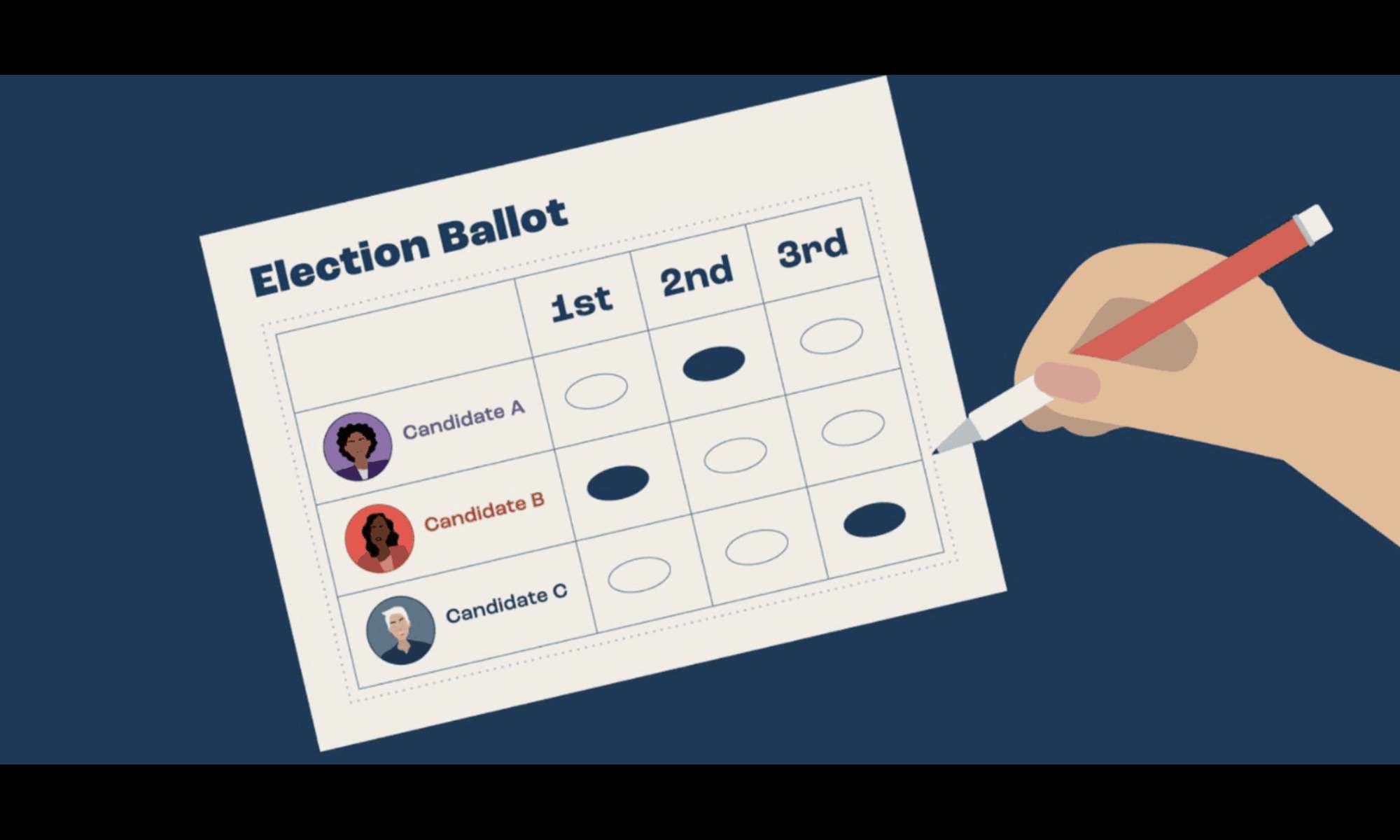JoeB131
Diamond Member
So let's tally them all up, shall we?

 reason.com
reason.com
Arizona Propositions 133 and 140: The first would amend the constitution to require partisan primaries and the second would amend it to permit the adoption of ranked choice voting in elections: Both were rejected (by 59 percent to 41 percent and 58 percent to 42 percent, respectively). Basically maintaining the state's current semi-closed primary system.
Colorado Proposition 131. Top-four ranked choice voting in primary elections and RCV for both federal and state general elections: rejected by 55 percent to 45 percent.
Idaho Proposition 1. Top-four ranked choice voting in primary elections and RCV for both federal and state general elections: rejected by 69 percent to 31 percent.
Montana Constitutional Amendment 126. Top-four ranked choice voting in primary elections for both federal and state general elections: rejected by 52 percent to 48 percent.
Montana Constitutional Amendment 127. Requires a majority vote to win state and federal general elections: rejected by 61 percent to 39 percent.
Nevada Question 3. Top-five ranked choice voting in primaries and RCV for both federal and state general elections: rejected by 54 percent to 46 percent. Note that a ranked choice voting amendment to the state constitution passed with 53 percent of the vote in 2022. (Amendments must be passed in two successive state general elections.)
Oregon Measure 117. Ranked choice voting in primary and general elections for federal and state executive offices beginning in 2028: rejected by 60 percent to 40 percent.
South Dakota Constitutional Amendment H. Replace partisan primaries with top-two primaries for state and federal elections: rejected by 66 percent to 34 percent.
Washington, D.C. Initiative 83. Semi-open primaries and ranked choice voting for all elections, beginning in 2026: adopted by 73 percent to 27 percent.
Alaska Ballot Measure 2. Repeal top-four ranked choice voting in primaries and general elections: too close to call now but it's 51 percent to 49 percent for repeal. Note that RCV squeaked through in 2020 with 50.55 percent vote in favor.
Missouri Amendment 7. Prohibit ranked choice voting and require plurality primary elections: prohibit wins 69 percent to 32 percent.

Ranked choice voting initiatives massively fail
Initiatives related to ranked choice voting in political primaries and general elections were on the ballots in eight states and the District of Columbia.
Arizona Propositions 133 and 140: The first would amend the constitution to require partisan primaries and the second would amend it to permit the adoption of ranked choice voting in elections: Both were rejected (by 59 percent to 41 percent and 58 percent to 42 percent, respectively). Basically maintaining the state's current semi-closed primary system.
Colorado Proposition 131. Top-four ranked choice voting in primary elections and RCV for both federal and state general elections: rejected by 55 percent to 45 percent.
Idaho Proposition 1. Top-four ranked choice voting in primary elections and RCV for both federal and state general elections: rejected by 69 percent to 31 percent.
Montana Constitutional Amendment 126. Top-four ranked choice voting in primary elections for both federal and state general elections: rejected by 52 percent to 48 percent.
Montana Constitutional Amendment 127. Requires a majority vote to win state and federal general elections: rejected by 61 percent to 39 percent.
Nevada Question 3. Top-five ranked choice voting in primaries and RCV for both federal and state general elections: rejected by 54 percent to 46 percent. Note that a ranked choice voting amendment to the state constitution passed with 53 percent of the vote in 2022. (Amendments must be passed in two successive state general elections.)
Oregon Measure 117. Ranked choice voting in primary and general elections for federal and state executive offices beginning in 2028: rejected by 60 percent to 40 percent.
South Dakota Constitutional Amendment H. Replace partisan primaries with top-two primaries for state and federal elections: rejected by 66 percent to 34 percent.
Washington, D.C. Initiative 83. Semi-open primaries and ranked choice voting for all elections, beginning in 2026: adopted by 73 percent to 27 percent.
Alaska Ballot Measure 2. Repeal top-four ranked choice voting in primaries and general elections: too close to call now but it's 51 percent to 49 percent for repeal. Note that RCV squeaked through in 2020 with 50.55 percent vote in favor.
Missouri Amendment 7. Prohibit ranked choice voting and require plurality primary elections: prohibit wins 69 percent to 32 percent.